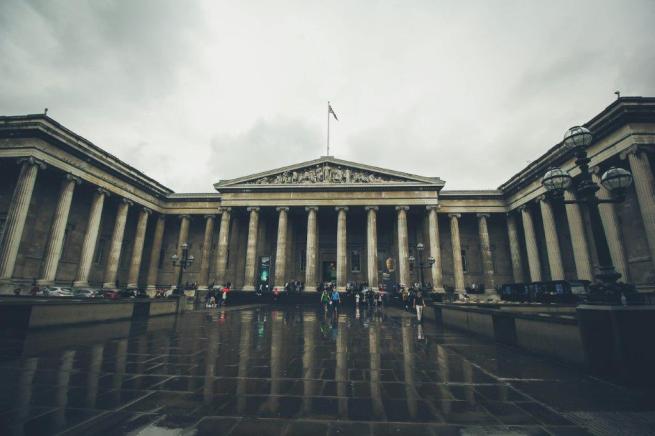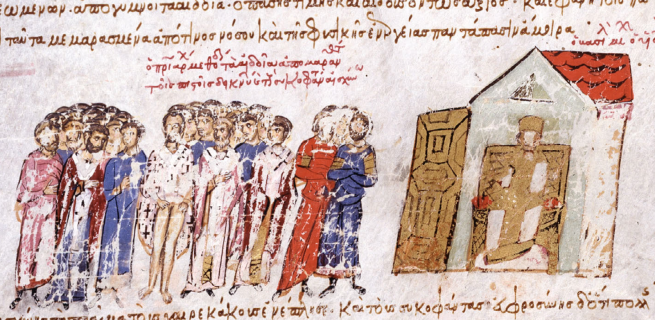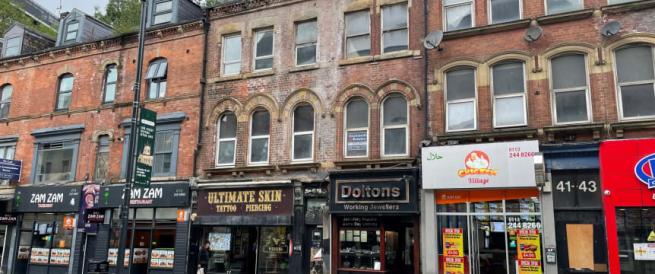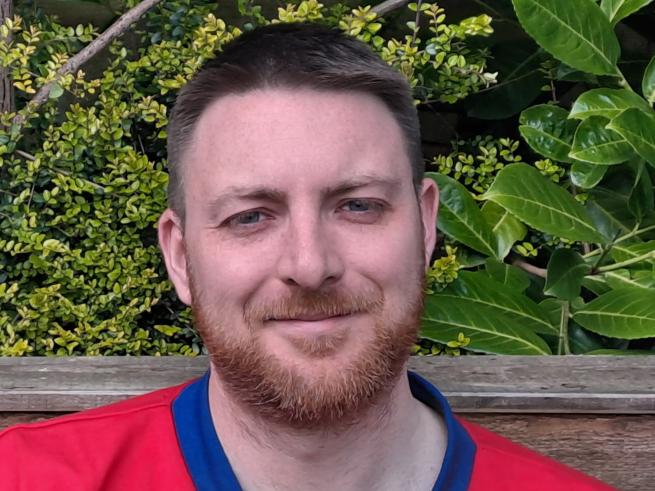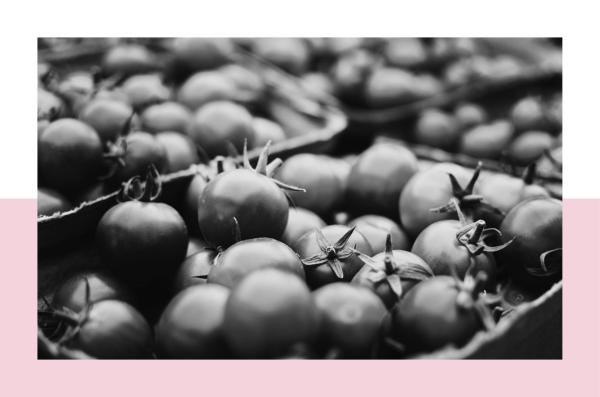
The Great Irish Famine had a devastating impact on the population of Ireland, particularly the poor and destitute, who despite their suffering were treated with disdain and contempt. One million people died, and hundreds of thousands were forced to seek relief in the workhouse. The skeletal remains of those who died give testimony to their excruciating hardship and toil, but also of resistance and communal identity. Dr Jonny Geber tells the stories of these misunderstood communities, and charts how bioarchaeology has helped to shed light on their lives from their perspective, to uncover the truth about their history.
During the 14th–16th centuries, West Africa was a land of plenty with lots of nutritious foods able to sustain a large population. These foods were studied and recorded by travellers of the period, including many plants and animals deemed curative (though their pharmaceutical potential was seemingly forgotten in records from later colonial settlers). In short, this was not a land of famine at all. Today many West African countries are amongst the poorest in the world, life expectancy is low, and food security is a major concern. Dr Iona McCleery considers the combined impact of colonialism, the slave trade, and climate change on health and nutrition in West Africa from the 17th century onwards.
Our Speakers
Dr Jonny Geber is senior lecturer in human osteoarchaeology at the School of History, Classics and Archaeology at the University of Edinburgh, with a research focus on the skeleton.
Dr Iona McCleery specialises in the history of medicine, food and healing miracles, especially for Portugal and its early empire in West Africa and the Atlantic islands; she has worked at the University of Leeds since 2007.
Our Insights Lecture series takes place on select Saturday mornings. They form a core element of our Talks and Lates programme designed to spark debate around subjects large and small, whilst exploring the advances that have shaped the way we look after ourselves, and each other.
All tickets include mid-morning refreshments and full access to the museum. Students go free – contact groups@thackraymuseum.org to book your place.
Thackray Museum of Medicine
Beckett Street
Leeds
LS9 7LN
United Kingdom
Show on map
53.8081998, -1.5186772
Date
Tickets
Ticket price
Access
We want everyone to enjoy the museum. It is fully wheelchair and buggy accessible, entry is free for essential companions, and we welcome assistance dogs (and our team are more than happy to arrange a bowl of water for hard-working thirsty dogs – please just ask).
The museum offers relaxed openings on the last Sunday of each month from 10am–11am when the lights will be up and the sounds down. You can download a copy of our gallery map, which includes some sensory information and other details here.
You can find more accessibility information by visiting our guide hosted on
Visit Britain’s website.
